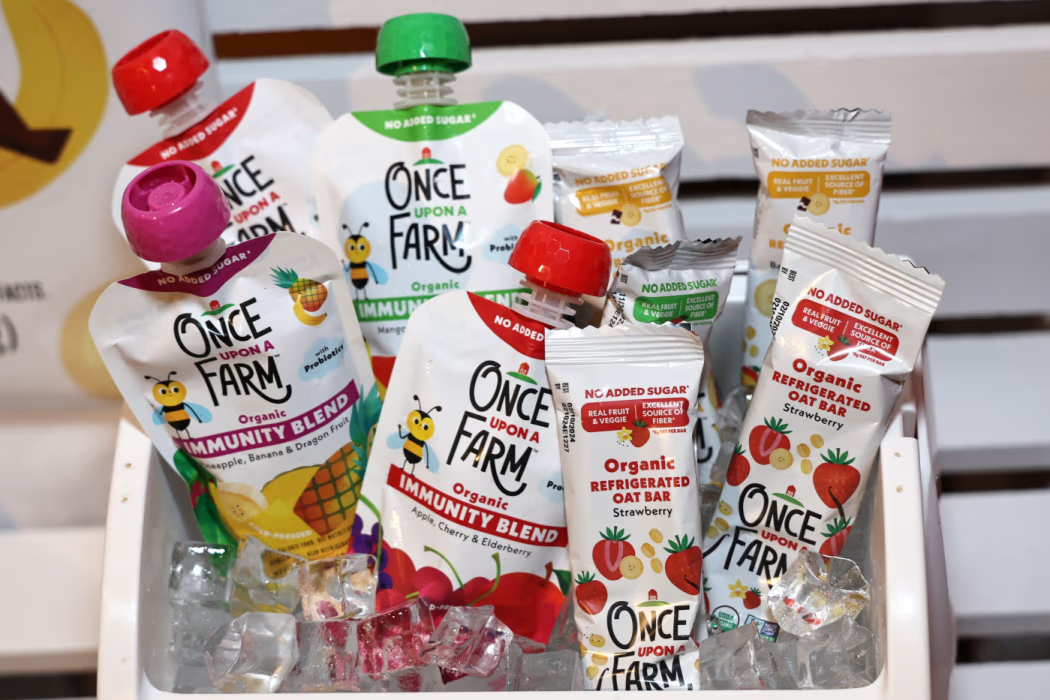A growing body of research is drawing attention to the potential health risks of phthalates — a group of chemicals widely used in plastics and personal care products.
A recent global study, published in eBioMedicine, estimates that exposure to one specific phthalate, Di(2-ethylhexyl)phthalate (DEHP), contributed to more than 350,000 cardiovascular-related deaths among individuals aged 55 to 64 in 2018.
Phthalates are found in a wide range of products, including food packaging, shampoo, lotions, vinyl flooring, and children’s toys. These substances are used to make plastic more flexible and are also present in fragrances to help retain scent. Due to their ubiquity in everyday items, they are often referred to as “everywhere chemicals.”
The study found that DEHP exposure accounted for an estimated 13% of global heart disease deaths in the 55–64 age group. The impact was most pronounced in Asia, the Middle East, and the Pacific, regions that bear a large portion of the world’s plastic waste. The findings highlight not only potential health concerns but also environmental justice issues, as developing countries often become the recipients of global plastic refuse.
Lead author Dr. Leonardo Trasande, from NYU Grossman School of Medicine, noted that while phthalates often act alongside other known risk factors like obesity and high blood pressure, they appear to exacerbate underlying conditions by promoting systemic inflammation. Some researchers suggest that the chemicals may even contribute indirectly to cardiovascular disease through their effects on testosterone levels and hormone disruption.
Phthalates are considered endocrine-disrupting chemicals, and past studies have linked them to reproductive issues, developmental delays, obesity, asthma, and certain cancers. Despite growing scientific concern, regulatory responses have been mixed. In the United States, nine types of phthalates are still permitted in food packaging. Some industry representatives argue that existing studies do not yet meet the gold standard of scientific evidence needed for stricter regulation.
Nevertheless, public health experts continue to call for increased scrutiny and transparency regarding chemical additives in consumer products.
“This study adds important global data to what we already suspect — that phthalates can significantly impact cardiovascular health,” said Dr. Tracey Woodruff, a reproductive health specialist not involved in the research.
In light of these findings, experts recommend steps to reduce exposure, such as avoiding plastic containers for food storage and heating, choosing fragrance-free personal care items, and opting for fresh or frozen produce instead of processed foods.
With input from the Washington Post and CNN.










The latest news in your social feeds
Subscribe to our social media platforms to stay tuned